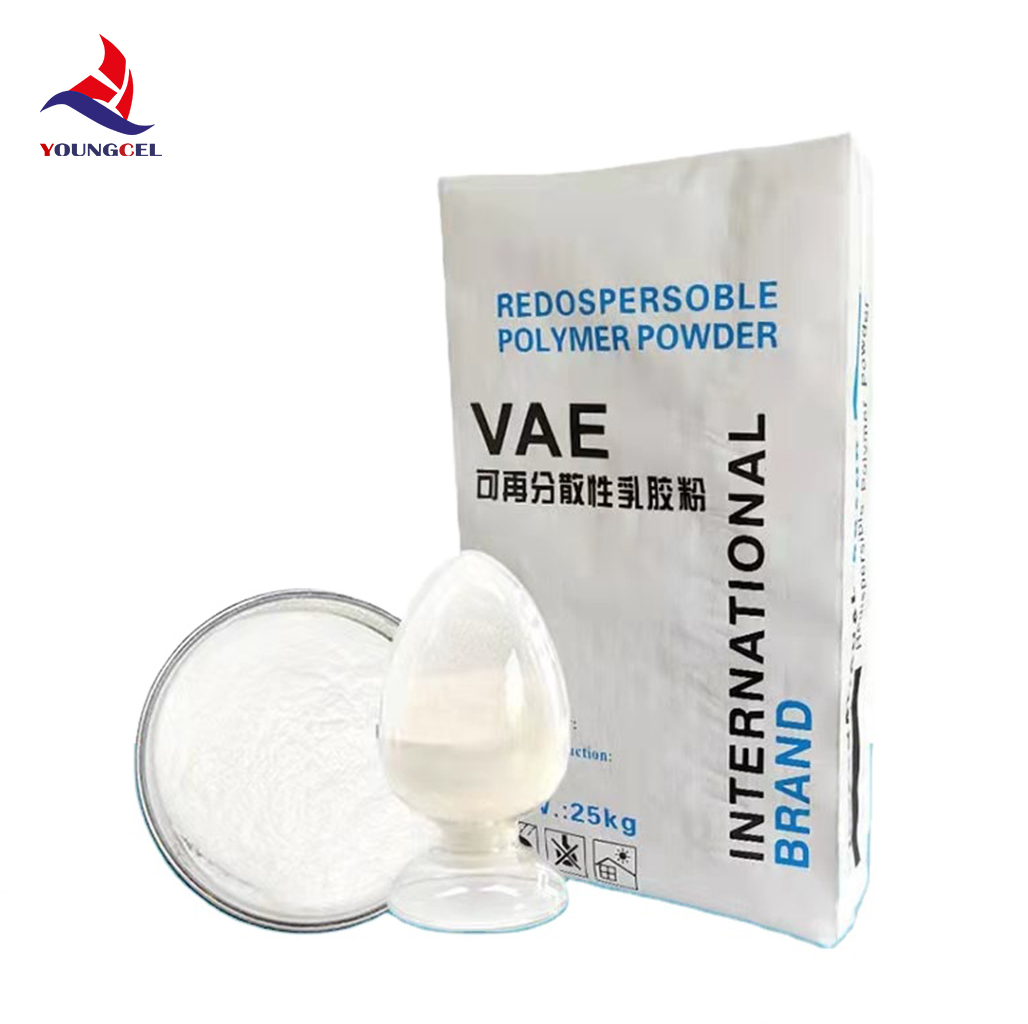Carboxymethyl Cellulose A Versatile Polymer with Diverse Applications
Carboxymethyl cellulose (CMC) is a cellulose derivative that has gained prominence in various industries due to its unique properties. As a hydrophilic polymer, CMC is known for its excellent ability to dissolve in water, forming a viscous and gel-like solution. Originally derived from cellulose, a natural polymer found in plant cell walls, CMC is synthetically produced through the chemical modification of cellulose. Its distinct characteristics make it a valuable ingredient across multiple sectors, including food, pharmaceuticals, cosmetics, and textiles.
One of the most notable features of carboxymethyl cellulose is its thickening and stabilizing properties. This makes it an ideal ingredient in the food industry, where it is commonly used as a food thickener and emulsifier. CMC is particularly important in gluten-free products, where it helps improve the texture and mouthfeel that are often lacking without traditional gluten-based ingredients. In dairy products, it enhances creaminess and improves the consistency of sauces, dressings, and ice creams, providing a more enjoyable eating experience for consumers.
Beyond food, CMC is widely utilized in the pharmaceutical field. Its water-soluble nature allows it to serve as a binding agent in tablet formulations, ensuring that the components stay cohesive and enhancing the effectiveness of the drug delivery system. Furthermore, CMC can be found in various topical ointments and gels, where it acts as a thickener and stabilizer, ensuring that the product remains uniform and effective upon application. The compatibility of CMC with different active pharmaceutical ingredients makes it an invaluable excipient, aiding in the development of high-quality medications.
In the cosmetics industry, carboxymethyl cellulose functions not only as a thickening agent but also as a moisturizing component. It helps retain moisture in products such as lotions, creams, and shampoos, enhancing the performance of these formulations. When used in skin care, CMC creates a protective barrier on the skin, aiding in hydration and softness. Moreover, its non-toxic nature and biocompatibility make it a preferred choice for personal care products, ensuring safety for consumers.
carboxymethyl cellulose

The textile industry has also harnessed the power of CMC for various applications, particularly in fabric finishing and printing. As a thickener in dyeing processes, CMC enhances the viscosity of printing pastes, allowing for more vivid and uniform coloration of textiles. Additionally, its ability to improve fabric feel and touch properties makes it a valuable additive in textile treatments.
The versatility of carboxymethyl cellulose is not limited to these industries. It has also found applications in construction, where it serves as a water-retaining agent in mortar and concrete, improving workability and durability. In the oil and gas sector, CMC is used in drilling fluids to maintain viscosity and stability in challenging environments.
Despite its numerous advantages, the production of carboxymethyl cellulose is not without environmental considerations. As the world increasingly focuses on sustainability, efforts are being made to derive CMC from renewable sources and to develop greener production processes. This shift towards eco-friendly practices not only complies with global sustainability goals but also aligns with the growing demand for natural and organic products across various industries.
In conclusion, carboxymethyl cellulose is a multifunctional polymer with a broad range of applications and benefits. Its thickening, stabilizing, and water-retaining properties make it an essential ingredient in food, pharmaceuticals, cosmetics, textiles, and construction. As industries continue to evolve and prioritize sustainability, CMC’s role is likely to expand even further, solidifying its position as a crucial component in modern formulations and applications.
-
Rdp Powder: Key Considerations for Wholesalers in the Building Materials IndustryNewsJul.08,2025
-
Key Considerations for Wholesalers: Navigating the World of Hpmc - Based ProductsNewsJul.08,2025
-
Hpmc Detergent: Key Considerations for WholesalersNewsJul.08,2025
-
Key Considerations for Wholesalers: China Hpmc For Tile Adhesive, Coating Additives, Concrete Additives, and MoreNewsJul.08,2025
-
Crucial Considerations for Wholesalers: Navigating the World of Construction MaterialsNewsJul.08,2025
-
Key Considerations for Wholesalers Sourcing Additive For Cement, Additive For Concrete, Additive For Putty from Additive Manufacturer Shijiazhuang Gaocheng District Yongfeng Cellulose Co., Ltd.NewsJul.08,2025




